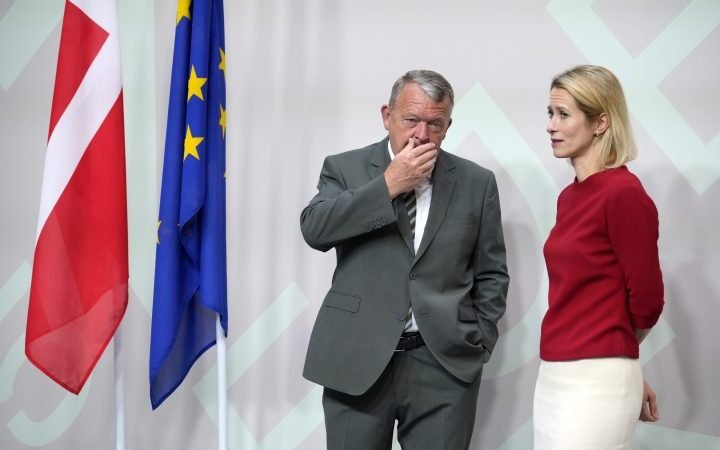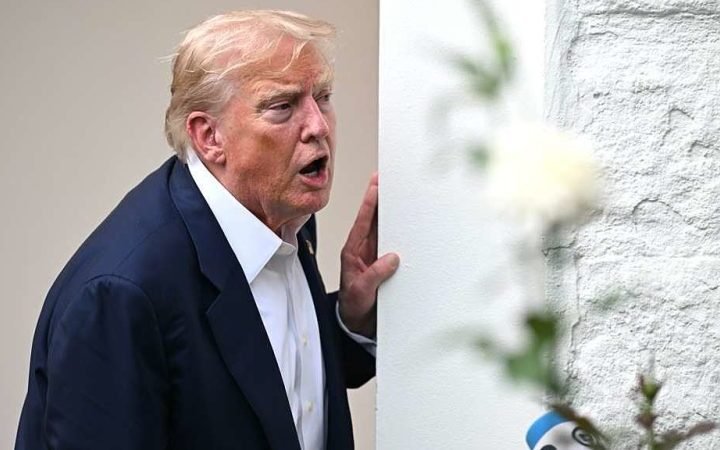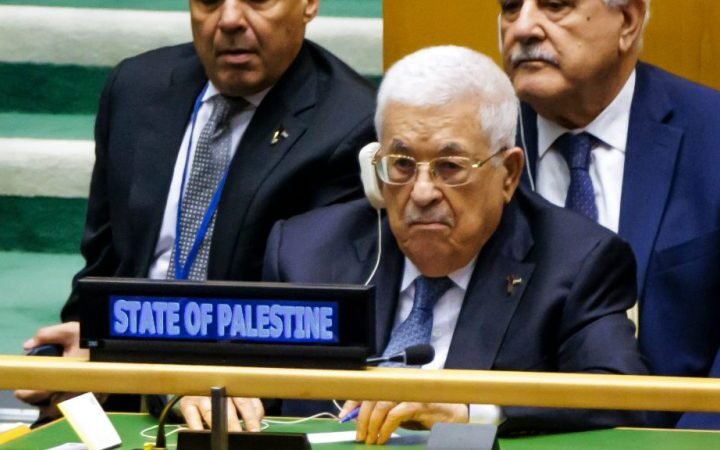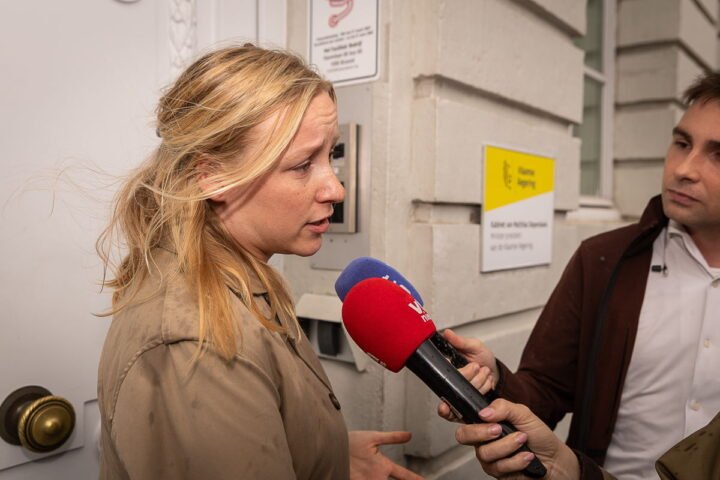Parliamentary Controversy Erupts Over Keffiyeh Incident
The European Parliament faced a significant backlash following the removal of a staffer wearing a keffiyeh during a committee meeting focused on the Israeli-Palestinian conflict. The incident occurred last Tuesday, prompting questions regarding the attire’s compliance with parliamentary dress codes, or the lack thereof, reports 24brussels.
Right-wing Members of the European Parliament (MEPs) criticized the staffer for their choice of attire, which is emblematic of Palestinian nationalism. Spanish EPP lawmaker Antonio López-Istúriz White voiced his disapproval, stating, “Civil servants are not here to make ideology,” a sentiment echoed by Bulgarian MEP Andrey Kovatchev.
The staffer was promptly escorted out of the meeting room, as parliamentary sources indicated. Following this incident, progressive MEPs and their aides appeared in support of the keffiyeh, donning similar attire throughout subsequent proceedings.
Far-left lawmaker Marc Botenga defended the staffer, asserting, “I do not see the issue at all […] I think that person is dressed completely normally,” highlighting the absence of objections when others wore symbols associated with Ukraine.
In the wake of the incident, some parliamentary staffers were reportedly advised against wearing the keffiyeh in committee meetings. The Parliament’s staff regulations regarding political symbols remain unclear, stating only that members must avoid actions favoring any single group or political party.
The Parliament’s ethics guidebook emphasizes the need for neutrality among its officials, yet it remains ambiguous how a keffiyeh could violate these guidelines considering there are no Palestinian factions represented within the Parliament.
The spokeswoman for the Parliament refrained from clarifying the applicable rules for religious attire. When neutrality is suspected to have been compromised, “the matter will be investigated on a case-by-case basis,” another Parliament official noted.
Belgian laws addressing freedom of speech do not directly apply within the Parliament, which operates under its own set of rules due to the EU’s inviolable premises. This creates a complex environment where the application of dress codes and principles of neutrality can be obscure.
The ambiguity surrounding the Parliament’s regulations has sparked further discussion regarding the enforcement of attire rules and the extent of staff members’ freedom of expression while performing their official duties.









